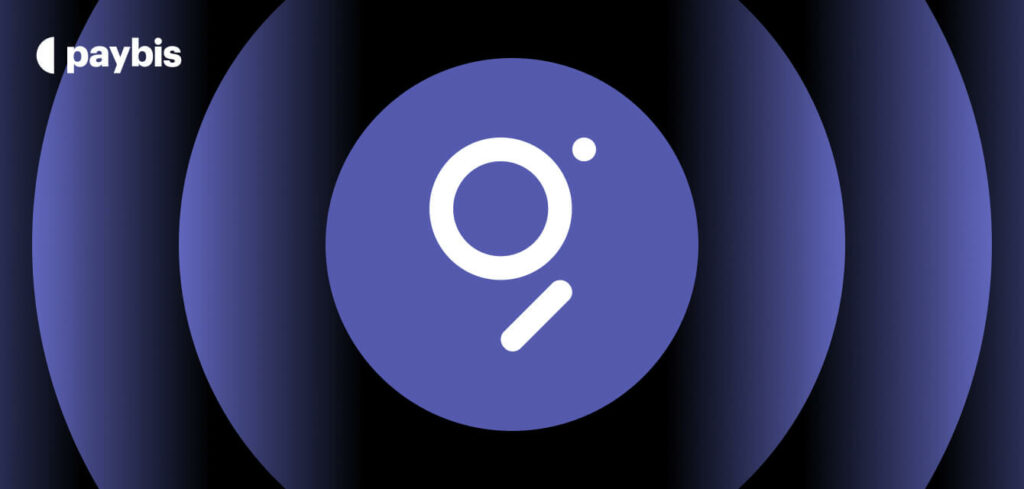Decentralized Exchange (DEX)
Decentralized exchange refers to a peer-to-peer platform where users directly swap their cryptocurrencies without any trusted third party, like the centralized exchanges.
Table of contents
What is a Decentralized Exchange (DEX)?
A decentralized exchange (DEX) is a mode of digital coin trading that excludes centralization. In contrast, DEX is made possible by blockchain technology and smart contracts, which enable P2P asset trading as opposed to being run and managed by one entity.
Conversely, this decentralizing feature distinguishes it from traditional centralized exchanges since it enhances security, privacy rights preservation, and ownership control.
How Do Decentralized Exchanges Work?
Trustworthy and secure cryptocurrency trades are supported by decentralized exchanges with the help of blockchain technology.
Peer-to-Peer Trading
All DEX transactions pass between individual participants. No central authority matches orders or holds funds – instead, buyers are connected directly to sellers through the system.
Smart Contracts
Self-executing contracts like DEX Smart Contracts, are used for automating trading functions. These contracts automatically execute trades.
Non-Custodial
One of the unique features of DEX is that they are non-custodial, which means that users have control of their keys and funds. Conversely, centralized exchanges require users to deposit money into their wallets, whereas in this case, DEX confirms transactions directly on their accounts.
Liquidity Pools
DEX employs liquidity pools where users pool their funds, which are then used to facilitate trades. The liquidity providers earn a percentage of the trading fees. As a result, liquidity pools ensure the availability of sufficient liquidity for traders, even if there are no order books.
AMMs (Automated Market Makers)
Uniswap’s DEX, like the Uniswap’s automated market makers (AMMs), uses token ratios within a given liquidity pool to determine prices. This enables continuous trade without having traditional order books, allowing peer-to-peer seamless trading.
Benefits of Decentralized Exchanges
- Security. DEX doesn’t hold users’ funds and private keys, making them less vulnerable to hacking activities. Users retain control over their assets, reducing the risk of losing funds due to exchange security breaches.
- Privacy. A DEX platform generally doesn’t require personal details or KYC. All transactions are made directly from users’ wallets without any middleman intermediaries, which ensures that personal information is safe.
- Control. This also helps to ensure that users have complete control over their assets and private keys, removing the risk of exchange insolvency, freezing, or other forms of centralized control. It’s aligned with the decentralized nature of cryptocurrencies.
- Global access. A user can access a typical DEX from anywhere in the world as long as they have an internet connection. In contrast to centralized exchanges (CEX), there are no restrictions on who can trade, providing global access to cryptocurrency markets
- Transparency. A decentralized exchange (DEX) records all its transactions on the blockchain, meaning it provides full transparency.
DEX Security
By prioritizing security, privacy, and autonomy, these advantages make DEX a good choice for crypto enthusiasts. Let’s review hos decentralized exchanges compare to centralized ones.
Control and Custody
In a centralized exchange, users have to deposit funds in the exchange, which means they lose control of their private keys. The assets are held by the exchange as a custodian. Unlike DEX where users have possession over their digital assets.
Security
Centralized exchanges are usually tempting for hackers due to the high amount of money stored there. With nearly no funds under management, DEX tends to be more secure, reducing the risk of large hacks happening.
Privacy
KYC processes are normally mandatory when using centralized exchanges that require personal identification information from their clients. The only thing required to go ahead with trading on DEXs is just logging in without the KYC requirement.
Speed and Liquidity
Centralized exchanges generally have faster transaction speeds and higher liquidity due to their established infrastructure and larger user bases. While becoming better, DEX still takes more time for transactions and lacks liquidity, especially for less-known tokens.
Fees
Typically, fees charged by centralized exchanges include deposit fees, withdrawal fees, and trade fees, among others. For most frequent traders this makes them cheaper than DEX which mostly charges network fees and minimal platform fees.
Disclaimer: Don’t invest unless you’re prepared to lose all the money you invest. This is a high‑risk investment and you should not expect to be protected if something goes wrong. Take 2 mins to learn more at: https://go.payb.is/FCA-Info


